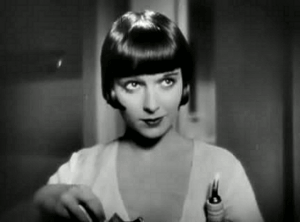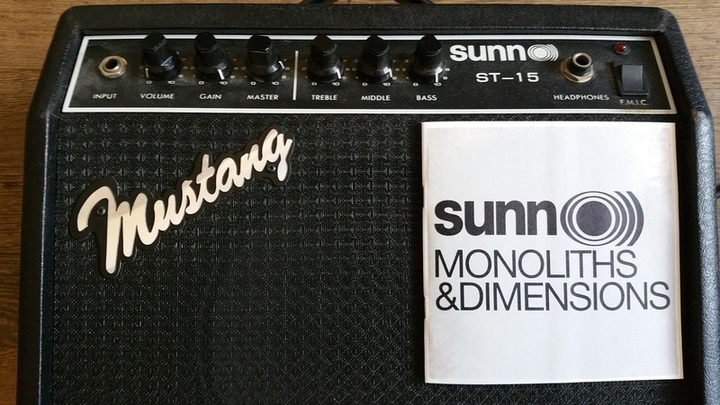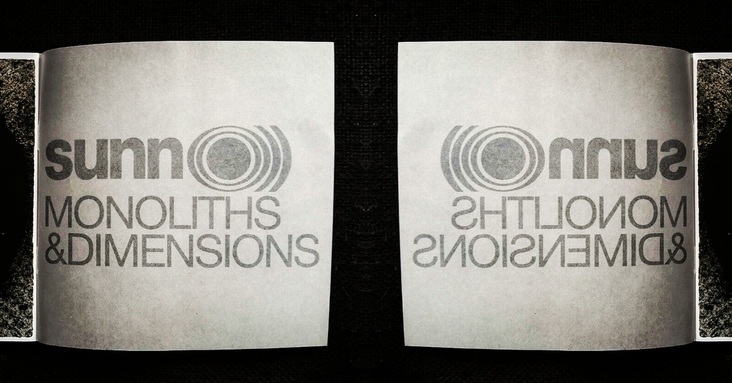|
David Bowie considered Glenn Branca for a mutual project (there was a short collaboration between the two but the result never saw the light of day). And Scott Walker made a stunning album with Sunn O))). Stranger than fruitcakes and unlike anything I heard before (which is very much a recommendation). Belonging to the same generation of pop & rock stars, Lou Reed made, perhaps surprisingly, a more conventional choice when he was looking for a partner for his Lulu-project: the boys from Metallica. Creator of repertory that's considered by many as the Holy Grail of Heavy Metal, this collaboration with the former member of the Velvet Underground was received with both disbelief and expectation. Announced as Berlin meets Master of Puppets. As a result, Lou Reed even received death threats from Metallica fans who blamed him for destroying the career of their favorite band (did they really need Lou Reed for that?). Announced as "Berlin" meets "Master of Puppets" Was it that bad? It has a weirdness that obviously alienated Metallica fans who - when “Master of Puppets" is mentioned as reference for a upcoming Metallica-album - lose, whatever there is left, much, if not all, of their capability to keep an open mind for new music. The result is a poetry-slam over a metal jam. It milks out a few good ideas in songs that are in need of a good edit. It sounds like something that is stuck in pre-production. In a way it is the worst of both worlds and Reed, even by his standards, sounds off-beat and detached. But then, was "Berlin" not the same kind of monster? A singer who is losing himself in songs that, very often, are lasting too long. A shortcoming also Metallica-songs tend to suffer from. And Reed, being his own book, with that unique voice that tends to nag if you don't have a taste for it. Lulu is very much a Lou Reed-record. Don't try to make it through this album searching for "Ride the Lighting" and "Master of Puppets"-references because you will find nothing here but the title of the album-song "Frustration" closing in on you. In a way "Lulu" is like watching an accident waiting to happen. Reed rhymes and Metallica plays. And more than once the rhyme master is losing it when the band puts the pedal to the metal The Lulu on the album cover looks a bit like Louise Brooks with bleached hair. Louise Brooks played Lulu in the movie Pandora's Box from G.W. Pabst in 1929. A film noir that, almost 90 years later, lost nothing of its glamor and elusiveness. Louise Brooks - there is only one Lulu because there is only one Louise Brooks - is seductive and dangerous (for the men who love her and dangerous to herself). She is an impossible woman but we hate to see her go. When she has her death wish fulfilled by the hands of Jack the Ripper we feel a knot in our stomach. Compared to the Lulu of Louise Brooks and that other incarnation of Frank Wedekind's brainchild, in Alban Berg's opera, Reed's portrayal of this femme fatal is by far the most one-dimensional. His Lulu drives solely on anger and frustration and it's hard to see why she attracts men in the first place. Her death comes only as a salvation. We are not challenged to sympathize with or feel anything for her. David Bowie thought "Lulu" was Lou Reed's best effort. Up there with "Berlin" But for all what is missing here, solid songwriting to begin and to end with, Lulu from Lou-tallica became a kind of guilty pleasure for me. It's an album I learned to appreciate for what it is: a Lou Reed-album with Metallica jamming in the background. The best ideas on the album are in the first half. I like Miss Distress and Pumping Blood which gives us Metallica being their thrassiest self. A feel and approach I wouldn't mind if they could bring it towards their next studio-album.
For what it's worth, David Bowie thought "Lulu" was Lou Reed's best effort. Up there with "Berlin". (WdM)
0 Comments
No staccato-style guitar riffs but chords, heavily distorted, slowly moving forward. Like bricks and grit that are poured into the ears of the listener. Welcome to the drone metal of Sunn O))). Minimal music made with maximum means. Minimal when it comes to changes in tempi and chord progressions. Maximum when it comes to the use of instrumental and vocal forces: guitars, accompanied by violins, cellos, trumpets and a choir. But minimal music is perhaps not the right term to use here because the absence of changing time signatures and changing chords every few seconds does not leave us with soundscapes that are short on ideas. Although this music draws on repetition this is not the Philip Glass copy-paste routine; music in which the curiosity towards the next note has vanished. The musical landscape of Sunn O))) is an organic hatch. It breaths, not unlike orchestral music, and is more versatile in composition that you will give it credit for at first hearing. The musical landscapes of Sunn O))) are breathing, not unlike orchestral music Their Monoliths & Dimensions is in my CD player for some time now. I simply can't stop listening to it. The music on this album is like a symphony in four movements. Eine symphonie des Grauens. A painting in black and grey. It's music for all moments of the day though. And music that works, like all good music does, on all volumes. In the morning it is, played on low volume, like a growling hound that's slowly waking up. A bit like the dragon that is disturbed in his sleep by Siegfried. But the dragon here is served by more than just a simple leitmotiv. More a leporello of a leitmotiv. A simple theme unfolded and expanded in time. Slow and heavy chords drifting in an ocean of stone and rock in the first movement: Agartha (like the Miles Davis album named after the legend city in Earth's core). The vocal lines for the choir in the second movement: Big Church have a neo-classical touch to it, say Schönberg's "Friede auf Erden" or Ligeti's "Requiem". When the choral singing starts in "Big Church" the beast illuminates. The dragon is gaining conscious or (in reference to the album's title and the movie 2001: Space Odyssey) the monkey has touched the monolith. An illumination short lived because in the third movement: Hunting & Gathering a grunted voice takes us back deep into the primal mind. With the trumpet in the fourth movement: Alice we reach the conclusion, the next evolutionary stage. Here the beast becomes civilized and the music, finally, shed some light. It's like the slaying of the dragon, PETA-style. With trumpets instead of swords. It was around 1340 that the poet Petrarca noticed, walking on the Mount Ventoux, that the landscape he witnessed influenced the thoughts that were on his mind. Thus he advised everybody to take a good stroll, once in a while, for the benefit of an uplifting spirit. Nietszche sad "Yeah right!" more than 500 years later and added to Petrarca's finding that everybody should make his own landscape. For that landscape we don't need to leave our chairs anymore because we enjoy the benefits of recorded sound. Nothing better than music to give your imagination a boost and create landscapes in the mind. Wondering through mystical worlds of sound that marvel the brain, relief the mind and bring in new ideas. With the musical landscapes of Sunn O)))'s Monoliths & Dimensions that is no different. It's a marvelous and transcedental record. (WdM)
|
Archives
April 2021
BANDS & Musicians
All
|






 RSS Feed
RSS Feed